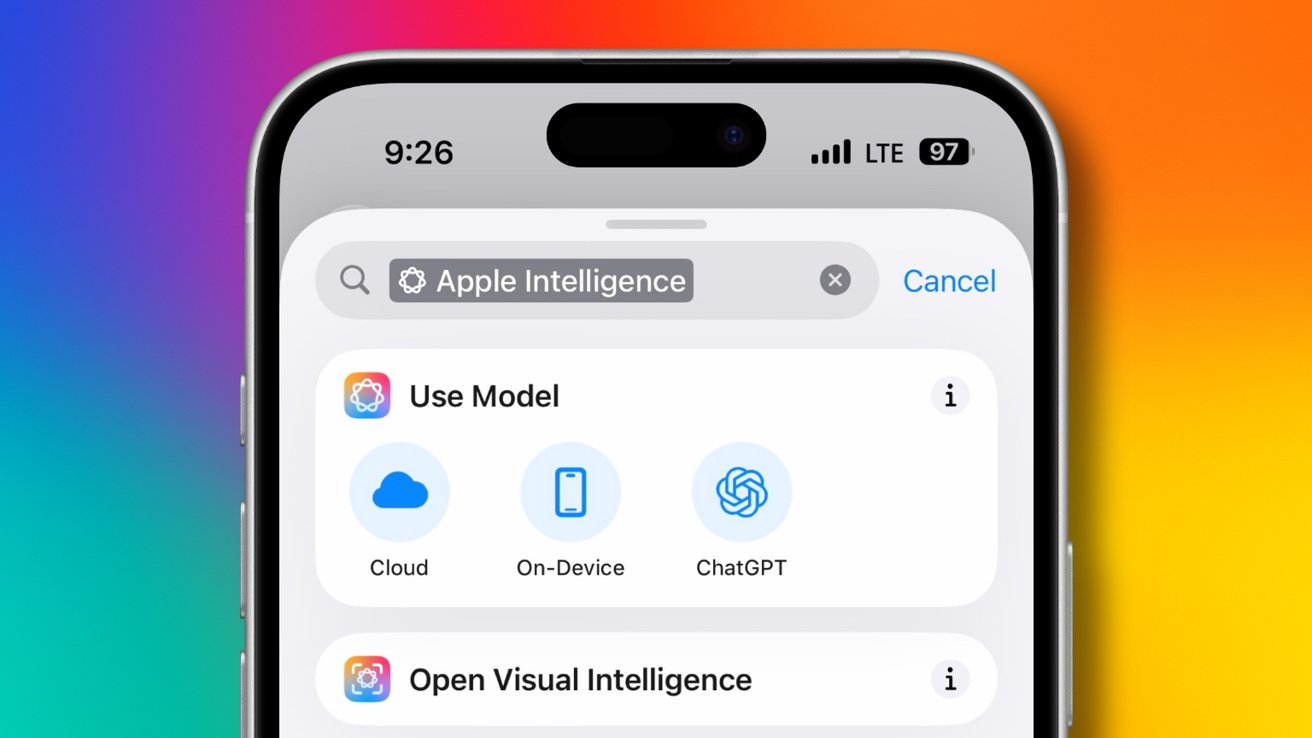Recent investigations have unveiled significant security vulnerabilities in Tile’s tracking devices, raising concerns about user privacy and safety. These flaws could potentially allow both the company and unauthorized individuals to monitor users’ locations without their consent.
Understanding Tile’s Tracking Mechanism
Tile’s devices are designed to help users locate personal items by emitting Bluetooth signals that nearby smartphones can detect. This system relies on a network of devices to pinpoint the location of a lost item. To maintain user privacy, Tile employs a rotating identifier system, changing the device’s ID every 15 minutes to prevent continuous tracking.
Identified Security Flaws
Despite these precautions, researchers from the Georgia Institute of Technology have identified critical weaknesses in Tile’s security framework:
1. Static MAC Address Transmission: Unlike Apple’s AirTags, which only broadcast a rotating ID, Tile devices transmit both a rotating ID and a static MAC address. This MAC address remains constant, providing a fixed identifier that can be exploited for tracking purposes.
2. Lack of Encryption: Both the rotating ID and the MAC address are transmitted without encryption. This means that any individual with the appropriate tools can intercept these signals, potentially accessing sensitive location data.
3. Predictable ID Rotation: The method Tile uses to generate rotating IDs is not sufficiently secure. By capturing a single ID, an attacker can predict future IDs, allowing for continuous tracking of the device.
Implications for User Privacy
These vulnerabilities have several concerning implications:
– Unauthorized Tracking: Malicious actors can exploit these flaws to monitor individuals without their knowledge, posing significant privacy and safety risks.
– Potential for Misuse: The unencrypted transmission of location data means that even individuals without advanced technical skills could intercept and misuse this information.
– Company Access to Location Data: The unencrypted data is also sent to Tile’s servers, suggesting that the company could access and store users’ location information, contrary to its privacy assurances.
Comparative Analysis with Apple’s AirTags
Apple’s AirTags have implemented more robust security measures to protect user privacy:
– Encrypted Transmissions: AirTags encrypt all transmitted data, ensuring that intercepted signals cannot be easily deciphered.
– Dynamic Identifiers: Only the rotating ID is broadcasted, without any static identifiers, making it more challenging to track the device over time.
– Anti-Stalking Features: AirTags are equipped with features that alert users if an unknown AirTag is moving with them, providing an additional layer of security against unauthorized tracking.
Tile’s Response and Recommendations
In response to these findings, Tile has acknowledged the vulnerabilities and is reportedly working on implementing stronger encryption methods and revising its ID rotation system.
For users concerned about their privacy, the following steps are recommended:
– Regularly Update Devices: Ensure that your Tile devices and associated applications are updated to the latest versions to benefit from security patches.
– Monitor for Unusual Activity: Be vigilant for unexpected notifications or unfamiliar devices detected in your vicinity.
– Utilize Anti-Stalking Tools: Make use of available applications and features designed to detect unauthorized tracking devices.
Conclusion
The discovery of these security flaws in Tile’s devices underscores the importance of robust security measures in location-tracking technologies. Users should remain informed and proactive in protecting their privacy, while companies must prioritize the implementation of secure systems to safeguard user data.


